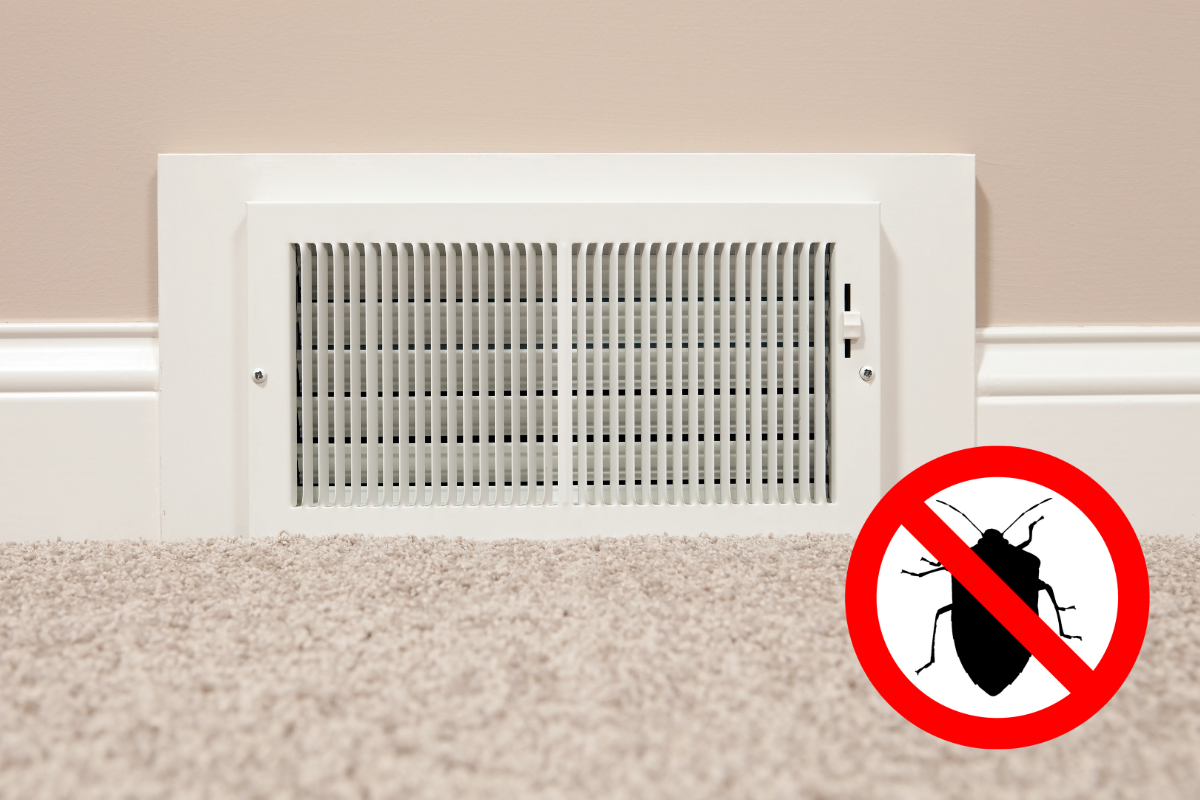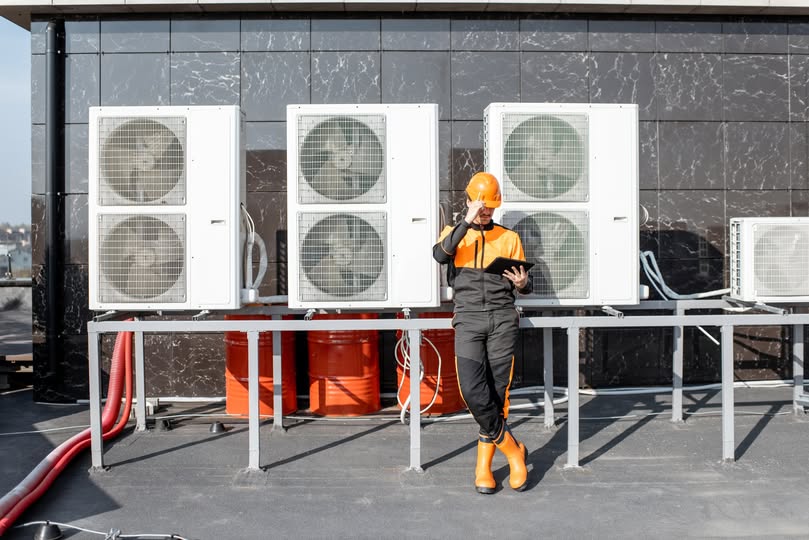Your HVAC unit is a key component of your home. It's designed to keep you and your family comfortable at home at any time of the year. However, those pesky bugs don't seem to respect the sanctity of your home. As we all know, when bugs infest an AC unit, it can cause major problems. That's why we compiled this list of steps for you to follow to beat those pesky insects and animals from invading your AC unit.
1. Any noticeable cracks in the ducting should be sealed. This can be done by using duct tape. Because your ducting is the entrance and exit for your air, it's important to ensure that the only way in or out is through the air filter.
2. Caulk all the gaps. Use plastic caulk, roofing tar, and silicone. Caulk should be applied to the inside of the unit where there is almost no heat so that it can't expand into your ducts. Also, apply caulk to the gaps between the wall and the unit.
3. Ensure that the unit is properly installed. A Plus Quality Inc. is a trusted HVAC company that offers numerous services, including installing, repairing, and maintaining your home's HVAC system to keep it running efficiently. Contact us today if you need your HVAC unit to be checked.
4. Keep the outdoor unit clean. This is the most important thing to remember. The outside unit is the first line of defense against whatever pests and insects may be trying to get into your home. Always brush off any dirt or debris.
5. Maintain the filters in the unit by using the proper amount of filter cleaner and vacuuming them once a month. Also, clean up any debris from around them.
6. Put screens over the vent. This can be done with screen clothes, metal or wooden screens, or metal mesh. This will prevent bugs from getting inside.
7. Clear any water leaks. An outdoor unit usually has a small drain hole that can fill with water after a rain storm and then overflow with water. This will attract mosquitoes and other bugs. If you see water near your unit, dry up the excess. You can use a towel or paper towel to do this, or even blow it away if there's no standing water.
8. Keep the AC Unit well-maintained and tuned up. The more you have serviced, the less likely you will have bugs take up residence. So make sure to call A Plus Quality Inc in Toronto & GTA if your HVAC system has any issues.
9. Call the experts. If you don't feel comfortable fixing the pest issue yourself, call the experts from A Plus Quality Inc. servicing Toronto & GTA. Our HVAC techs are trained and certified to fix all issues with your unit. So don't hesitate to contact us or trust us with your AC problems.



